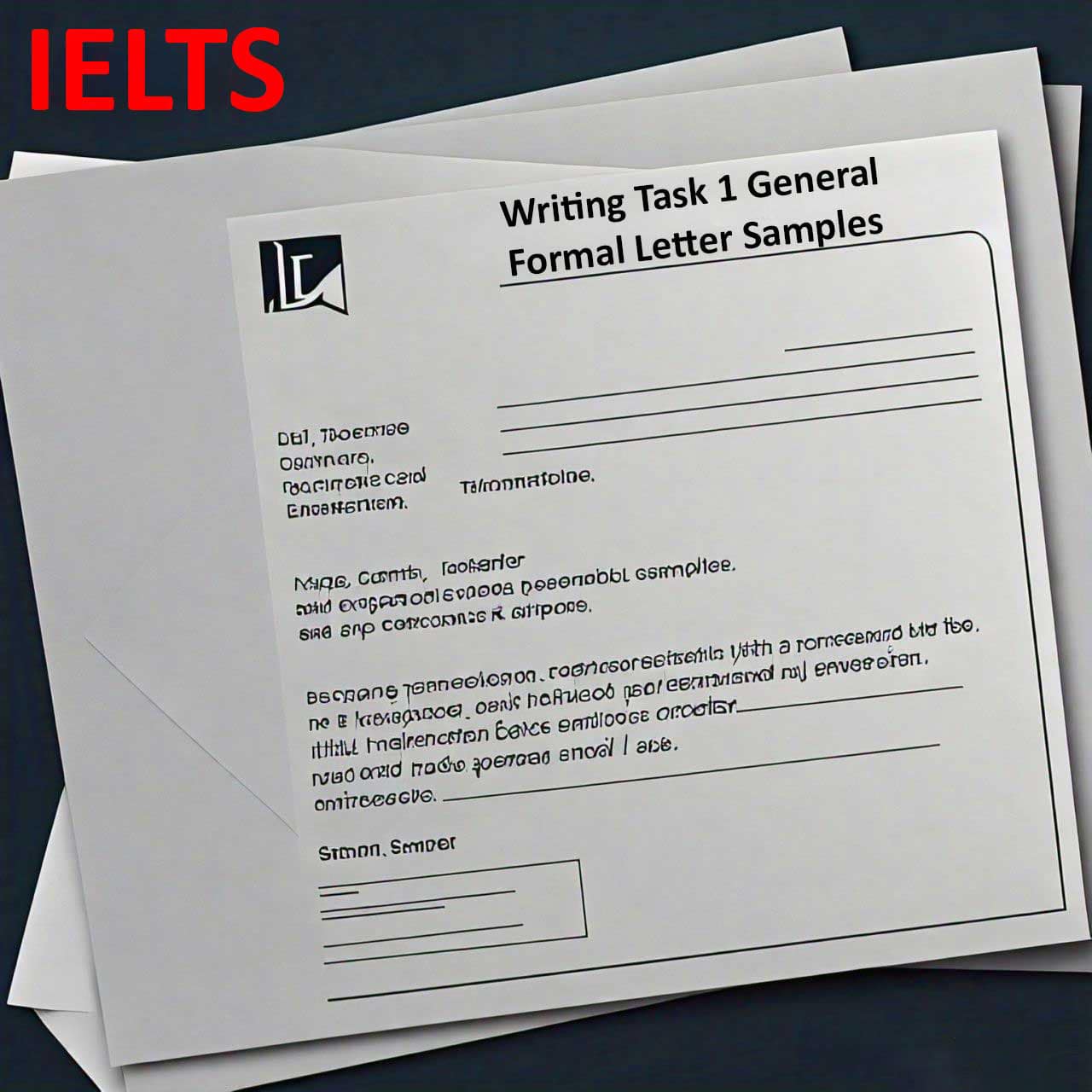Preparing for the IELTS Writing test can be daunting, but leveraging online resources effectively can make the process more manageable and efficient. The internet is brimming with tools, guides, and practice materials designed to help you excel in the writing section. Here’s a guide on how to use online resources to improve your IELTS Writing skills and achieve your desired band score.
Table of Contents
Understanding the IELTS Writing Test
The IELTS Writing test comprises two tasks:
– Task 1 (Academic): Describe, summarize, or explain information presented in a graph, table, chart, or diagram.
– Task 1 (General Training): Write a letter requesting information or explaining a situation.
– Task 2 (Both): Write an essay responding to a point of view, argument, or problem.
Each task assesses your ability to present information clearly, structure your writing, and use appropriate language.
Types of Online Resources
1. Official IELTS Websites
– IELTS Official Website: The IELTS official website offers a plethora of resources, including sample questions, scoring criteria, and test day tips. Familiarize yourself with these materials to understand what the examiners are looking for.
– British Council, IDP, and Cambridge English: These organizations co-own IELTS and provide reliable practice materials, sample answers, and detailed explanations.
2. Practice Tests and Sample Questions
– IELTS Online Tests: Websites like IELTS Online Tests offer free practice tests that simulate the real exam environment. Regular practice helps you get used to the test format and time constraints.
– Exam English: Provides a wide range of practice questions for both Academic and General Training Writing tasks.
3. Writing Correction Services
– IELTS Writing Correction Services: Services like IELTS Advantage and Write My Essays offer feedback on your writing. Professional feedback helps you identify and rectify your mistakes, improving your writing skills and confidence.
– Grammarly: While not specifically for IELTS, Grammarly helps with grammar, punctuation, and style. It’s useful for polishing your essays and ensuring they’re error-free.
4. Tutorials and Guides
– YouTube Channels: Channels like IELTS Liz, E2 IELTS, and The IELTS Coach offer video tutorials on various aspects of the Writing test. These videos provide tips, strategies, and model answers.
– Blogs and Articles: Websites like IELTS Buddy, IELTS Mentor, and IELTS Simon offer detailed guides on essay structures, common topics, and high-scoring sample answers.
5. Online Courses and Webinars
– Udemy and Coursera: These platforms offer IELTS preparation courses that include comprehensive modules on the Writing section. They cover everything from task analysis to advanced writing techniques.
– Webinars: Live and recorded webinars by IELTS experts provide insights into common pitfalls and advanced strategies.
Strategies for Using Online Resources Effectively
1. Create a Study Plan
– Set Goals: Determine your target band score and set specific goals for each study session.
– Schedule Regular Practice: Dedicate specific times each week for IELTS preparation. Consistency is key to improvement.
2. Identify Weak Areas
– Self-Assessment: Take initial practice tests to identify your strengths and weaknesses. Focus more on areas that need improvement.
– Feedback: Use writing correction services to get detailed feedback on your essays. Work on the areas highlighted by the reviewers.
3. Use Multiple Resources
– Diverse Materials: Don’t rely on a single source. Use a variety of resources to get different perspectives and tips.
– Cross-Reference: Compare sample answers and strategies from different sources to develop a well-rounded understanding.
4. Practice Writing Under Exam Conditions
– Timed Practice: Simulate exam conditions by practicing writing tasks within the allotted time. This helps build time management skills.
– Task Adherence: Ensure you follow the task requirements closely, addressing all parts of the question.
5. Review and Revise
– Self-Review: Regularly review your own writing to identify common mistakes and areas for improvement.
– Peer Review: Join online forums or study groups where you can exchange essays with peers and provide mutual feedback.
6. Focus on Quality, Not Quantity
– Detailed Study: Instead of writing numerous essays, focus on writing a few high-quality ones. Pay attention to structure, coherence, and language use.
– Model Answers: Study high-scoring sample answers to understand what makes them effective. Try to incorporate similar techniques into your writing.
Recommended Online Resources
Official Websites
Practice Tests
Writing Correction Services
Tutorials and Guides
– E2 IELTS
Online Courses
– Udemy
– Coursera
Final Thoughts
Utilizing online resources effectively can significantly enhance your preparation for the IELTS Writing test. By creating a structured study plan, identifying your weak areas, and using a variety of tools and services, you can improve your writing skills and achieve your desired band score. Remember, consistency and focused practice are key to success. Good luck with your preparation!



